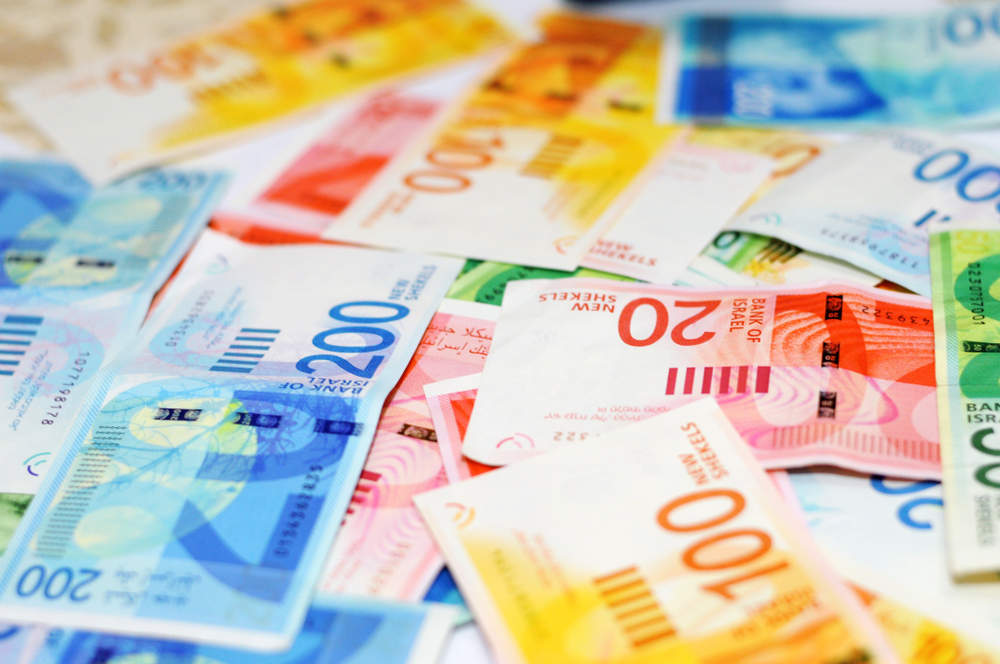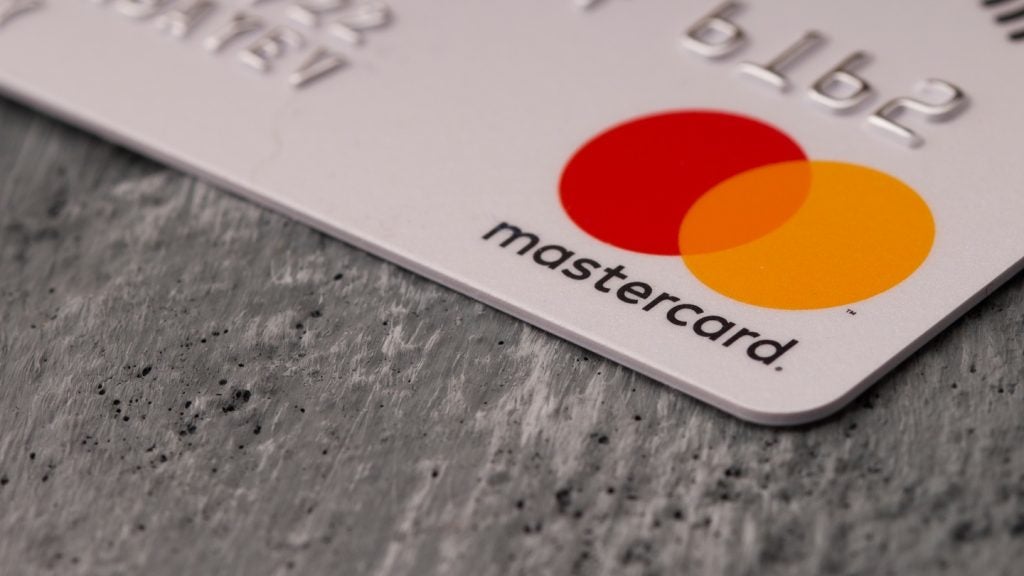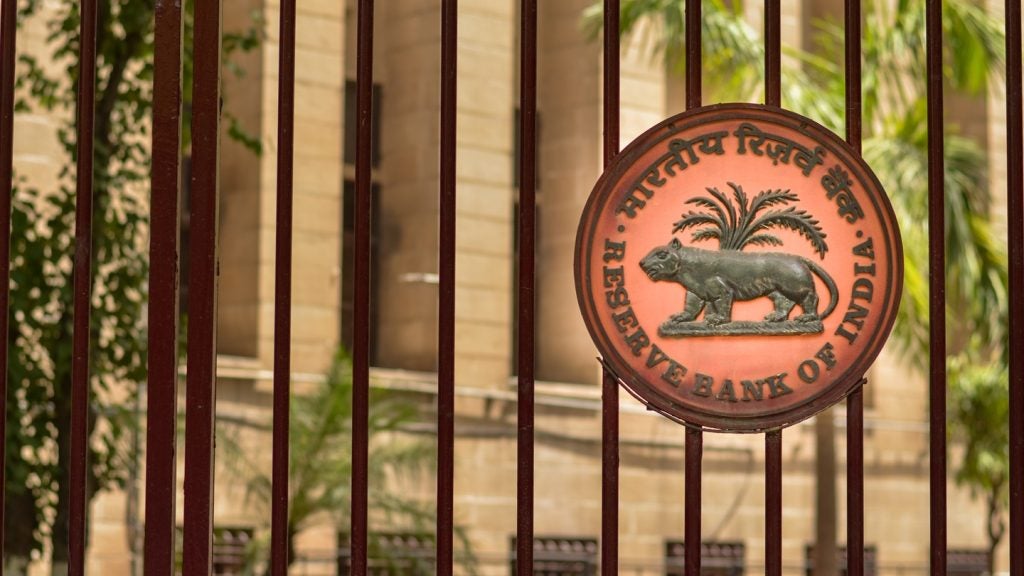Long regarded as the ‘start-up nation’ – Israel enjoys the highest density of startups per capita in the world – but despite attracting the most venture capital per capita of any nation, in payments terms Israel has a bit of catching up to do
Israeli consumers are still strongly inclined towards cash. The Bank of Israel has made several regulatory interventions to try and boost electronic payments and promote a desperately underpenetrated debit cards market compared to Western markets. Now, after around two years of often heated debate, Israeli regulators have acted to curb the use of cash.
From 2019, there will be a limit on cash transactions to businesses of NIS11,000 ($3,100), and this may be further reduced to NIS6,000 in 2020. Cash transactions between individuals will be limited to NIS50,000, and this may reduce to NIS15,000 in 2020. The new regulations also limit cheques to a maximum of NIS10,000.
Israeli regulators argue that current cash transactions are fuelling the black economy, with people selling goods and services and not reporting income. According to a report from the World Bank, Israel’s shadow economy as a share of GDP was estimated to be about 22%. In 2016, Israel’s GDP was around $350bn meaning that about $70bn of income is undeclared; at a tax rate of around 30% the government is losing more than $20bn a year.
Debit card penetration in Israel was a miserable 10.3 cards per 100 individuals in 2016, lower than local peers Iran (337.3), the UAE (109.3), Bahrain (97.4), Kuwait (93.1), Oman (85.8), Saudi Arabia (75.8) and Lebanon (33.4).
To increase acceptance of debit cards among retailers in Israel, the central bank reduced the interchange fee from 0.7% to 0.3%; other initiatives included mandating banks to issue debit cards free of charge. Despite such initiatives, Israeli banks remain under fire from consumers from consumers who perceive bank charges to be excessive.

US Tariffs are shifting - will you react or anticipate?
Don’t let policy changes catch you off guard. Stay proactive with real-time data and expert analysis.
By GlobalDataReasons to be positive
There is cause for optimism, with further regulatory attempts to boost competition. The credit cards sector is heavily concentrated and dominated by Israel’s two largest banks, Hapoalim and Leumi. The two banks must sell their credit card units by 2020 or, if the units are listed, the banks must reduce their stakes to below 40%.
The banking sector is also upping its game in terms of innovation with two recent examples worthy of note. Last June, to much acclaim, Leumi rolled out Pepper, a first-of-its-kind digital platform in Israel to allow customers to manage all their banking activities entirely via mobile, and – crucially in the local market – charging no current account fees. Pepper offers fully digital onboarding as well as payments, transfers, loans, savings and investments.
The country’s fourth-largest lender, Israel Discount Bank, also has a hit on its hands via its voice-activated P2P money transfers via Apple’s Siri. Discount Bank’s service launched last June and is a first in the local market – and one of the first anywhere. The new offering has created a buzz and is helping to empower its digital brand. Impressively, the bank managed to initiate the P2P money transfer via Siri within five months of the project launch.
Other recent digital highlights from Discount Bank include its AI-driven digital assistant Didi. Powered by Personetics, Didi answers customer queries, as well as offering personalised insight and guidance.
Didi builds on Discount Bank’s innovative touch-ID mobile biometric login solution for mobile banking – a new business banking website and app in 2017, and a new trading website for retail customers, also in 2017.
In recent years, Visa Europe, Barclays and Citi have all established innovation centres in Israel, while tech giants Microsoft, Google, Apple, IBM and Facebook have invested in the area.









